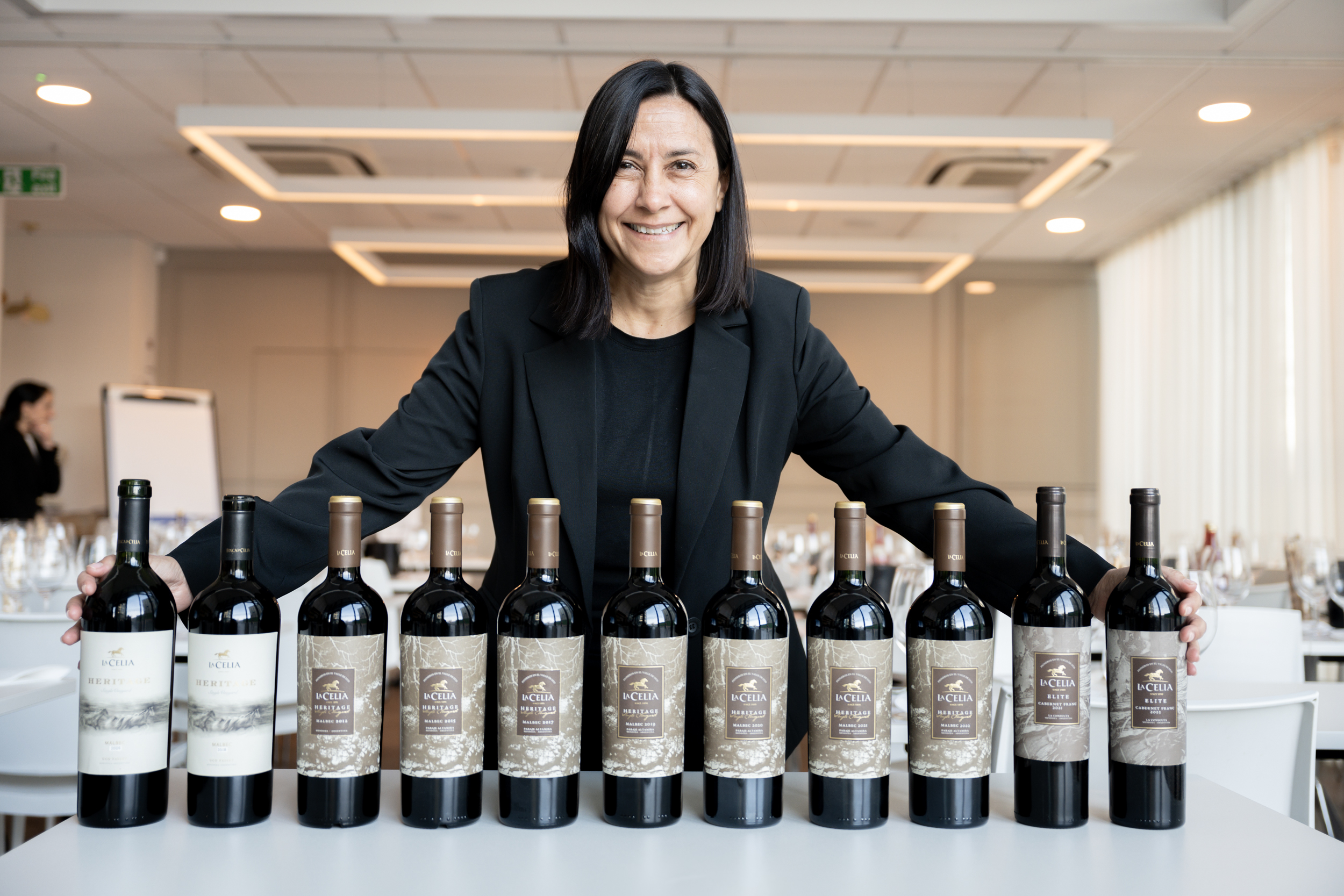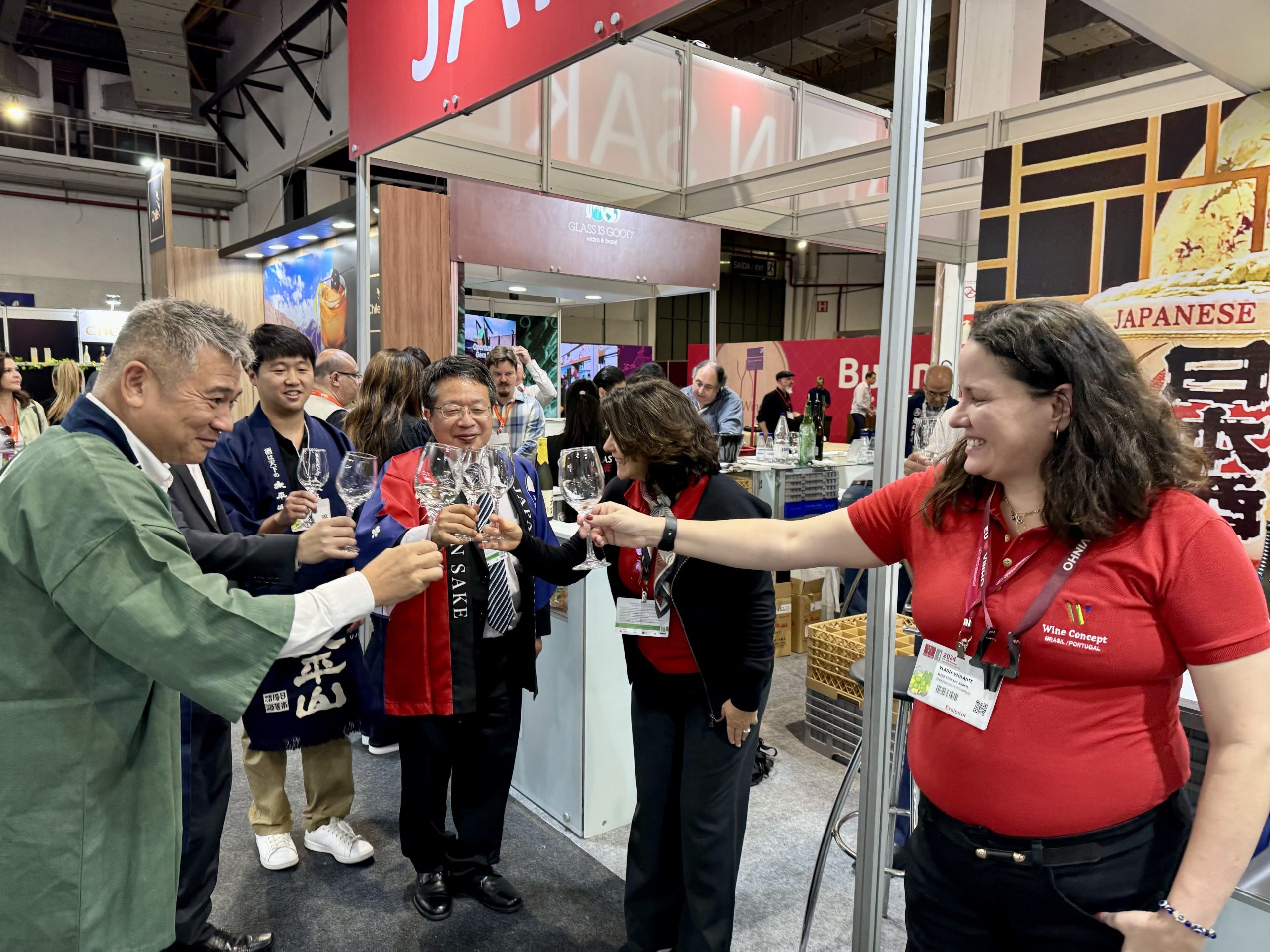Booker restricts beer and cider sales amid CO2 shortage
By Lauren EadsWholesaler Booker, which was last year bought by UK retailer Tesco, has taken steps to ration sales of beer and cider to its customers over growing concerns of a CO2 shortage across Europe.
The wholesaler has capped customers to 10 cases of beer, and five of cider or soft drinks each in an effort to lessen the impact.
In a statement, Booker said: “Due to the international shortage of CO2, we are experiencing some supply issues on soft drinks and beer. We are currently working hard with our suppliers to minimise the impact for our customers and cannot comment further at this stage.”
Supply of food-grade carbon dioxide in Europe was first put under pressure in April after a number of production plants were closed following technical issues.
The shortage has hit at a crucial time in the year for producers, with the summer season now in full swing and the World Cup driving increased sales of beer and cider.
Mark Jones, partner at Gordons law firm and an expert in the food and drink supply chain, said: “The CO2 shortage could not have come at a worse time, with the World Cup under way and the start of the summer BBQ season, although increased demand as a consequence of the World Cup and warm weather have ironically contributed to the situation.”
According to Gas World, the UK has been “hardest hit” with only one large-scale CO2 plant currently operating.
Heineken has already reported disruption to their production runs, while Scotland’s biggest abattoir has halted operations because of the gas shortage, which is used to stun the animals before slaughter.
Partner Content
“Already Heineken has had to limit supplies of its Amstel and John Smith’s brands, and there are genuine concerns that some soft drinks manufacturers could be forced to stop production in the coming days,” Jones added. “But this is not just a case of us missing out on a pint whilst we sit in the sun watching the World Cup.
“The industry is concerned because there is more than a beer and chicken shortage at stake here. If plants are forced to shut down it would hit the entire supply chain and have a significant impact on the livelihoods of factory workers, distribution workers, retailers, even pub workers and catering outlets. The soft drinks market alone was worth around £15 billion in the UK last year. It’s easy to see the potential economic impact if this issue is not resolved soon.”
While CO2 is a natural byproduct of the fermentation process and can be captured so that beers are ‘naturally carbonated’, it is also used to flush out oxygen in the bottling and canning process as well as to create pressure in kegs so that beer is forced out of the containers.
Pubs often dispense beer by using a 60/40, a mixture of 60% carbon dioxide and 40% nitrogen. The exception are cask or real ales that should never have gas added to them.
It’s hoped that supplies will return to normal in early July.




